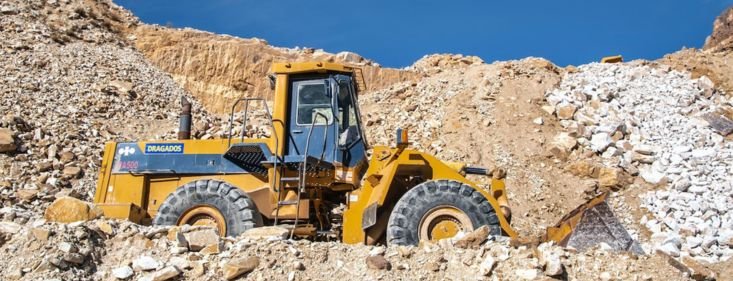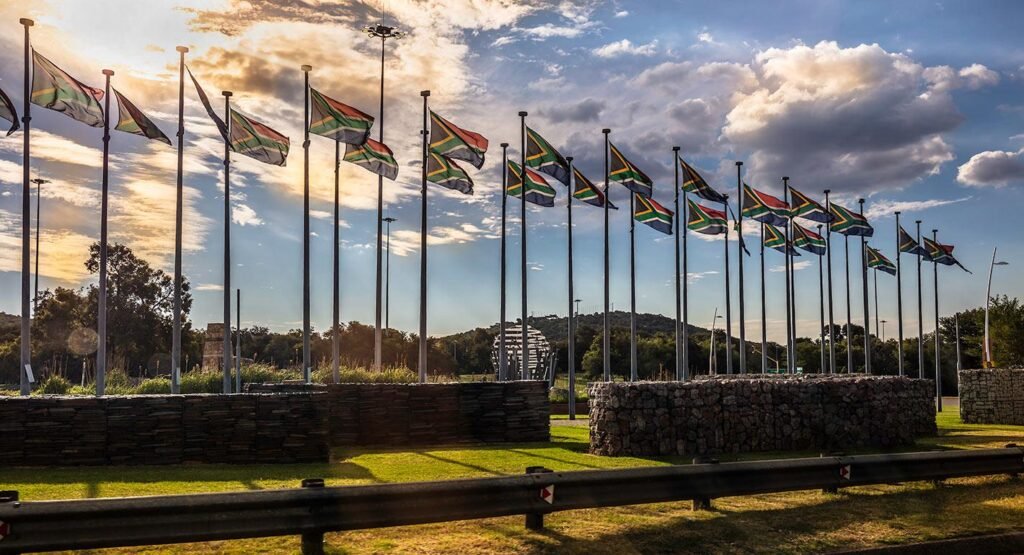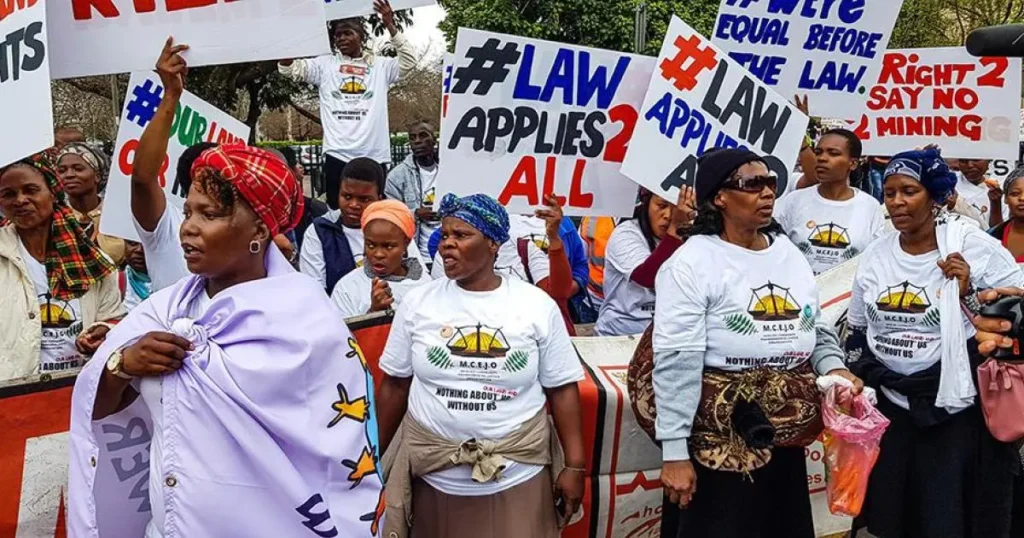South Africa Mining Bill Challenge

The Mineral and Petroleum Resources Development Amendment Bill (MPRDA Amendment Bill) has faced significant legal and industry challenges in South Africa. Intended to reform the mining sector, the proposed legislation has sparked debate over state control, investor confidence, property rights, and regulatory certainty.
Here’s a clear breakdown of the key challenges surrounding the South Africa mining bill.
1. Background of the Mining Bill
The MPRDA Amendment Bill seeks to amend the Mineral and Petroleum Resources Development Act (MPRDA) of 2002, aiming to:
- Accelerate transformation in the mining sector
- Clarify state custodianship of mineral resources
- Strengthen environmental enforcement
- Improve licensing efficiency
However, its drafting and implementation have been met with resistance.

2. Key Challenges to the Bill
| Challenge | Explanation |
|---|---|
| Constitutional Concerns | Critics argue it undermines property rights under Section 25 of the Constitution by allowing arbitrary cancellation of mining rights |
| Investor Uncertainty | Ambiguous clauses on licensing and renewal deter foreign and domestic investment |
| Legal Challenges in Court | The Minerals Council South Africa and mining firms have launched court reviews over procedural fairness and legality |
| Licensing Delays | Despite reforms, applicants still face long delays at DMRE—undermining the bill’s stated goals |
| B-BBEE Enforcement Pressure | Demands for higher Black ownership without adequate financing mechanisms create operational strain |
3. Major Points of Contention
a. Automatic Renewal of Mining Rights
- The bill proposes that compliant mining rights be automatically renewed.
- But lack of clarity on “compliance” creates uncertainty.
- Companies fear administrative rejection without appeal.
b. State Powers vs. Private Rights
- Perceived expansion of unfettered ministerial discretion raises concerns about political interference.
- Risk of rights being canceled without fair process.
c. Environmental and Closure Regulations
- Stricter mine closure rules are welcome but require realistic timelines and funding models.
- Some companies warn of premature decommissioning risks.
4. Stakeholder Reactions
| Group | Position |
|---|---|
| Minerals Council South Africa | Supports transformation but demands legal certainty and due process |
| Mining Companies | Warn of disinvestment if rule of law is weakened |
| Government (DMRE) | Argues the bill enhances equity, transparency, and sustainability |
| Civil Society | Calls for stronger community benefits and environmental protection |
Ongoing dialogue aims to balance growth, justice, and stability.

5. Current Status (2025)
As of 2025:
- The bill remains under parliamentary review
- Court cases challenging aspects of the legislation are ongoing
- Interim measures focus on digital licensing systems and faster processing
- Industry pushes for amendments ensuring constitutional alignment and investor protection
FAQs
Q1: Why is the South Africa mining bill controversial?
A1: It raises constitutional concerns over property rights, investor confidence, and executive power in licensing decisions.
Q2: Can the government cancel mining rights under the new bill?
A2: The bill allows cancellation for non-compliance, but critics fear abuse without independent oversight.
Q3: Has the bill been passed into law?
A3: Not yet—still under review as of 2025, with legal and policy debates continuing.
Conclusion
The South Africa mining bill challenge reflects a broader tension between economic transformation and regulatory stability. For the sector to thrive, any new law must uphold the rule of law, protect legitimate investments, and promote inclusive growth—ensuring South Africa remains competitive in global mineral markets.

